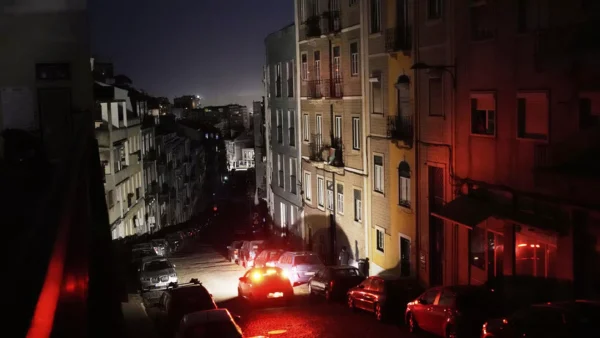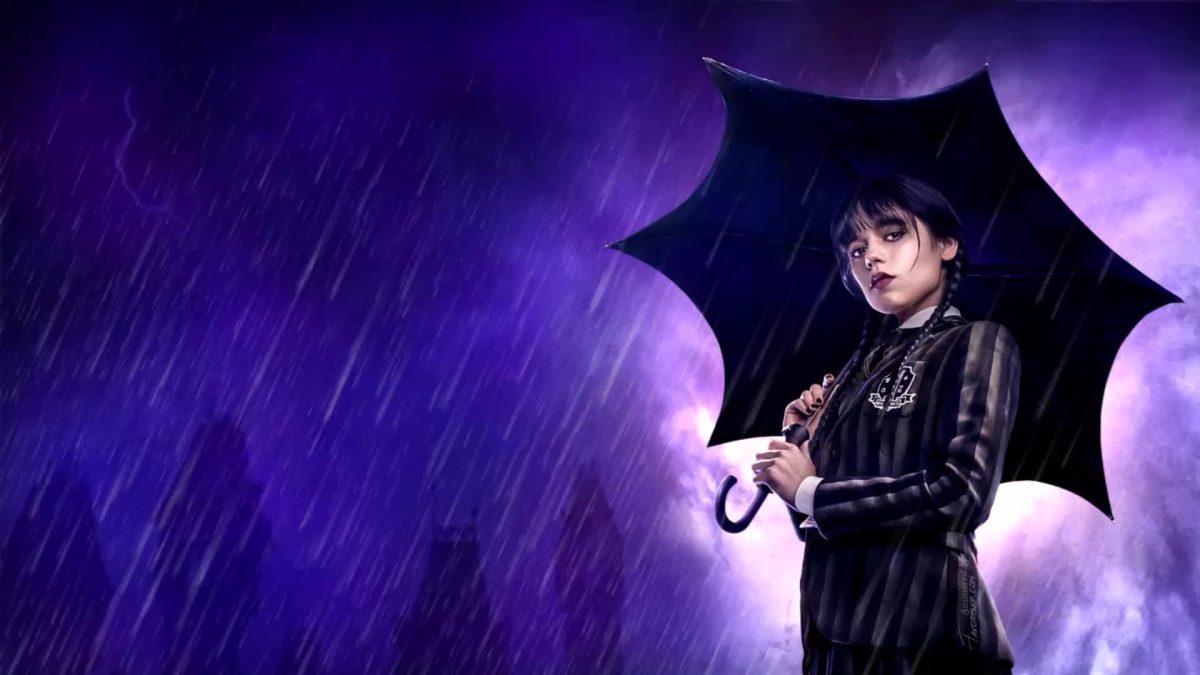On Monday, April 28, 2025, a major power outage occurred across the Iberian Peninsula, marking one of the most severe power outages in history. The outage affected Spain and Portugal, but also affected parts of Southern France and Andorra. At around 12:33 CEST, the lights went out in major cities such as Madrid, Lisbon, and Barcelona. The sudden blackout initially seemed like a localized electrical fault, but it quickly escalated into one of the longest and most widespread blackouts in recent European history. Millions of people found themselves without electricity, running water, transportation systems unavailable, and communication networks crashed in many regions. The scale and speed of the blackout shocked not only local officials but also energy experts across the continent, which showed that the power system in Europe, which connects many countries and relies on more and more renewable energy like wind and solar, might not be as strong as many people thought.
At first, no one knew what caused the outage. Later, power companies said it might have started because of strange changes in the electricity flow through high-voltage power lines. Some experts believe that the changes in weather and temperature recently may have been factored into the blackout, while others wondered if it was a cyber attack. There has also been talk that renewable energy, like wind and solar, might make power grids less stable if not managed properly. Spain receives most of its power from these sources, which is much better for the environment, but doesn’t provide the same kind of energy that traditional power plants do.

The blackout caused numerous problems. At least seven people, unfortunately, died during the outage. Some were killed by carbon monoxide poisoning while trying to start generators in their homes, and others were killed by fires started by candles. In some cities, people had to wait hours on end for the power to come back on. Which led to businesses being affected. Supermarkets lost food due to refrigerators turning off, as well as gas stations couldn’t pump fuel. In the countryside, farms with electric equipment weren’t able to tend to their crops and animals. Even emergency services had trouble staying in contact with people due to phone networks being down.
Spain’s power company worked fast to restore the power. They told people that it would take around 6-10 hours to restore. By early morning the next day, around 90% of people had power again. Portugal was able to restore most of its power at the same time. Although people had electricity again, they worried about what caused this and if it could happen again.
The blackout has sparked conversation about Spain’s future energy plans. The Spanish government has plans to shut down its nuclear power plant. But after this outage, some experts are asking the government to reconsider. They say nuclear energy is more reliable and can keep the grid stable when solar and wind aren’t enough. The blackout also showed how reliable people are with digital tools. When the regular internet and phone systems went down, many turned to satellite internet services like Starlink, which continued working. This has made many people wonder if more countries should invest in backup internet systems for emergencies, like blackouts.
This power outage was a big wake-up call for people not only in Europe but people all over the world. It was a reminder that modern life depends on a stable power grid and that electricity powers everything. From hospitals and schools to homes and farms, electricity powers people’s lives. As countries move towards cleaner energy sources, they also need to make sure their systems are strong and ready for unexpected problems. Experts will continue to investigate what caused this major blackout and how to prevent this from occurring again. Meanwhile, both Spain and Portugal are working on strengthening their power systems to make sure electricity stays on in the future.














